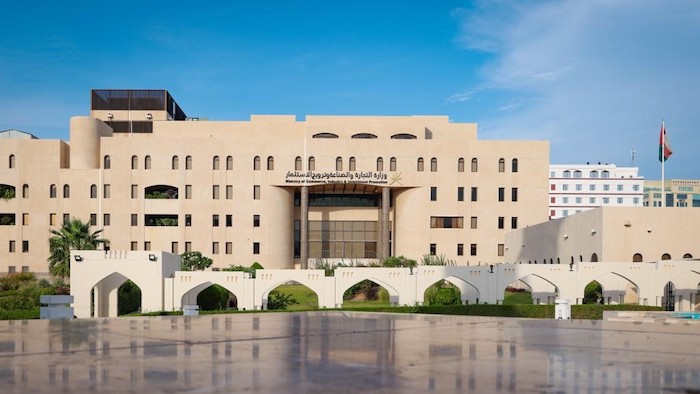The Ministry of Commerce, Industry, and Investment Promotion in Muscat has issued Ministerial Decision No. 435/2024 to amend Ministerial Decision No. 209/2020, which defines activities prohibited for foreign investment, restricting them to Omani investors only. This decision aligns with the Foreign Capital Investment Law and aims to balance attracting qualitative investments with encouraging entrepreneurial projects, empowering SMEs and creating job opportunities for Omanis. The list of prohibited activities has been expanded to 123, and will be updated to keep up with economic developments.
The newly prohibited activities include crafting products from flowers, herbs, leather, palm leaves, wood, incense, cosmetics, pottery, silver, copper, metal, aluminum, traditional fishing tools, bones, as well as skin care services, event supply rental, scrap material sales, drinking water retail, plant cultivation, used vehicle sales, mobile cafes, aquaculture, mailbox rental, scribe services, sand services, LPG filling stations, battery and oil collection, and grocery stores. These activities are now reserved for Omani investors only, with foreign investors being prohibited from engaging in them.
The Foreign Capital Investment Law in Oman enables non-Omani individuals or entities to establish investment projects in the country, creating an attractive investment environment and facilitating conditions for investment. Foreign investors are allowed 100% ownership in companies and can invest in over 2,000 commercial or industrial activities. As a result of these advantages, Oman saw a 19.3% increase in foreign direct investment by the end of the first quarter of 2024, reaching OMR 25.38 billion, compared to OMR 21.27 billion in the same period in 2023.
The decision to limit certain activities to Omani investors only is part of the government’s efforts to prioritize empowering SMEs and promoting economic growth. By encouraging local entrepreneurship and job creation, the decision aims to strengthen the Omani economy and preserve national identity and heritage. The list of prohibited activities will be regularly updated to adapt to changing economic circumstances and ensure that Omani-owned SMEs have opportunities to thrive in these sectors.
The amendments to Ministerial Decision No. 209/2020 have expanded the list of activities reserved for Omani investors, prohibiting foreign investors from participating in these sectors. This decision aims to strike a balance between attracting high-quality investments and supporting local entrepreneurship, in line with the country’s economic priorities. By empowering Omani investors and encouraging the establishment of new businesses, the government aims to create job opportunities, enhance economic growth, and preserve national identity and heritage. Omani-owned SMEs are set to benefit from these changes, ensuring that they have opportunities to succeed in sectors where foreign investment is restricted.
In conclusion, the amendments to the list of prohibited activities for foreign investment in Oman highlight the government’s commitment to promoting economic growth, supporting local entrepreneurs, and preserving national heritage. By reserving certain sectors for Omani investors only, the decision aims to empower SMEs and boost job creation, aligning with the country’s economic goals. As Oman continues to attract foreign direct investment and foster a favorable investment environment, these changes are expected to contribute to the country’s economic development and overall prosperity.










